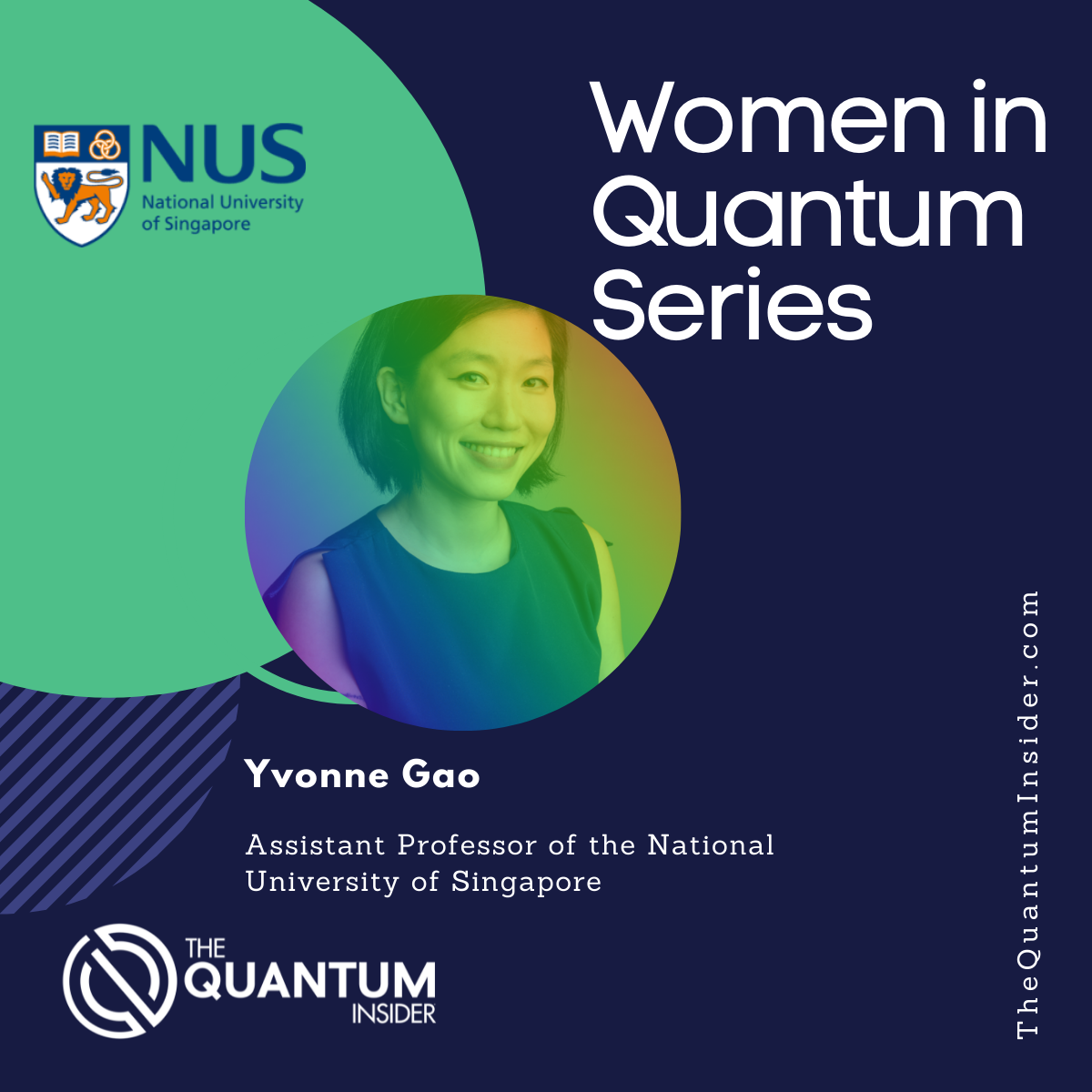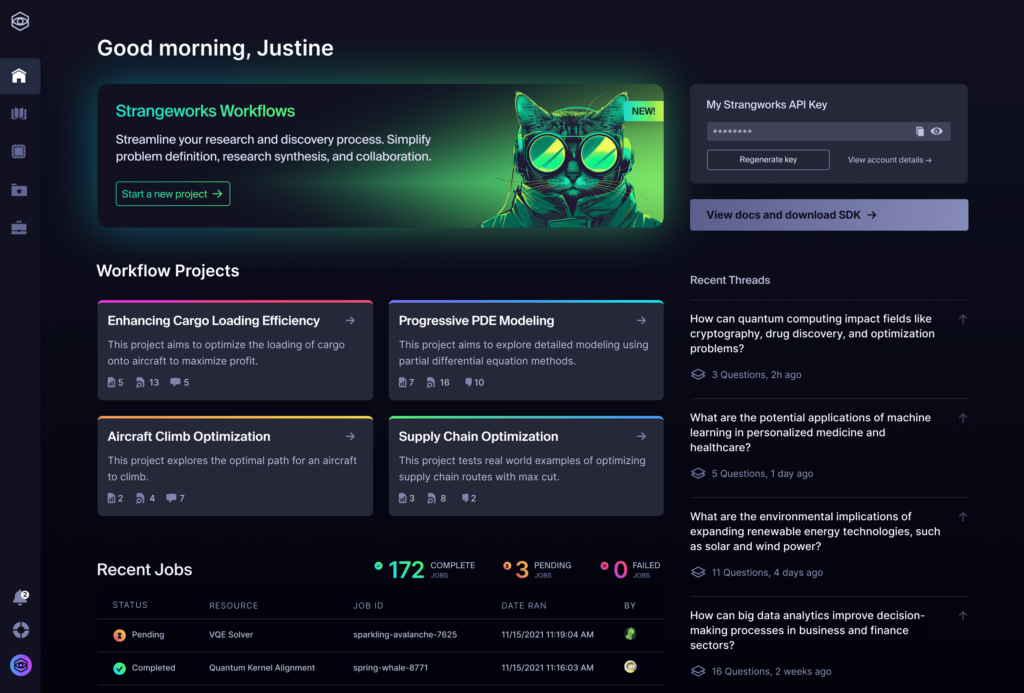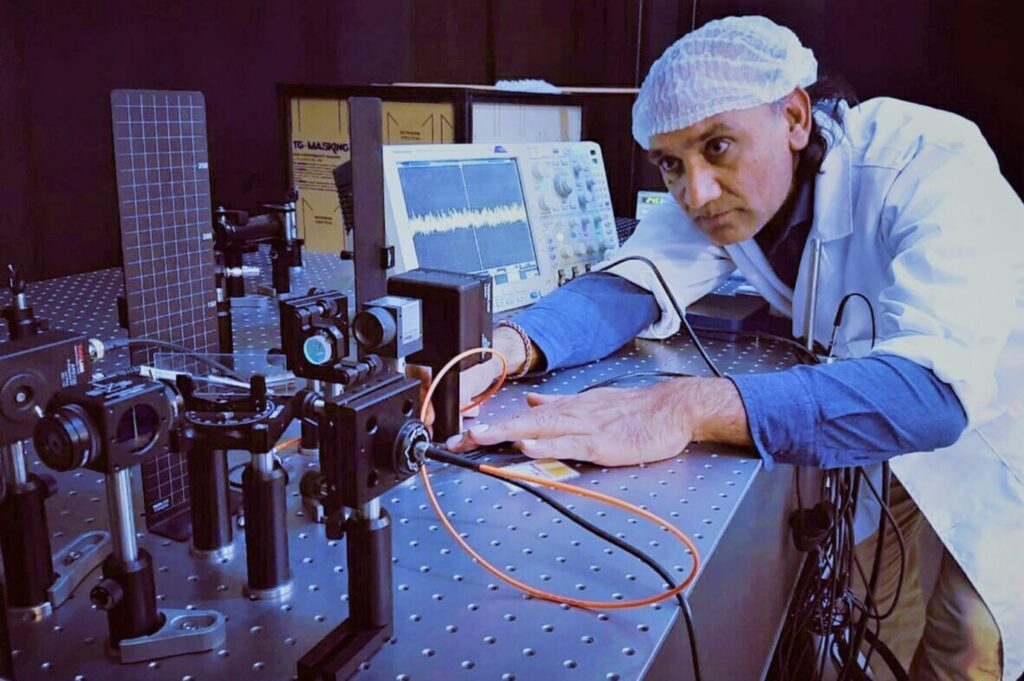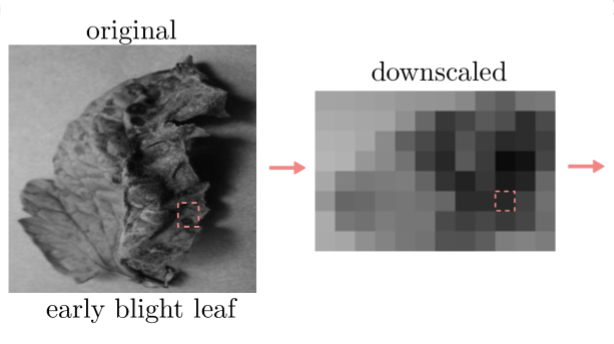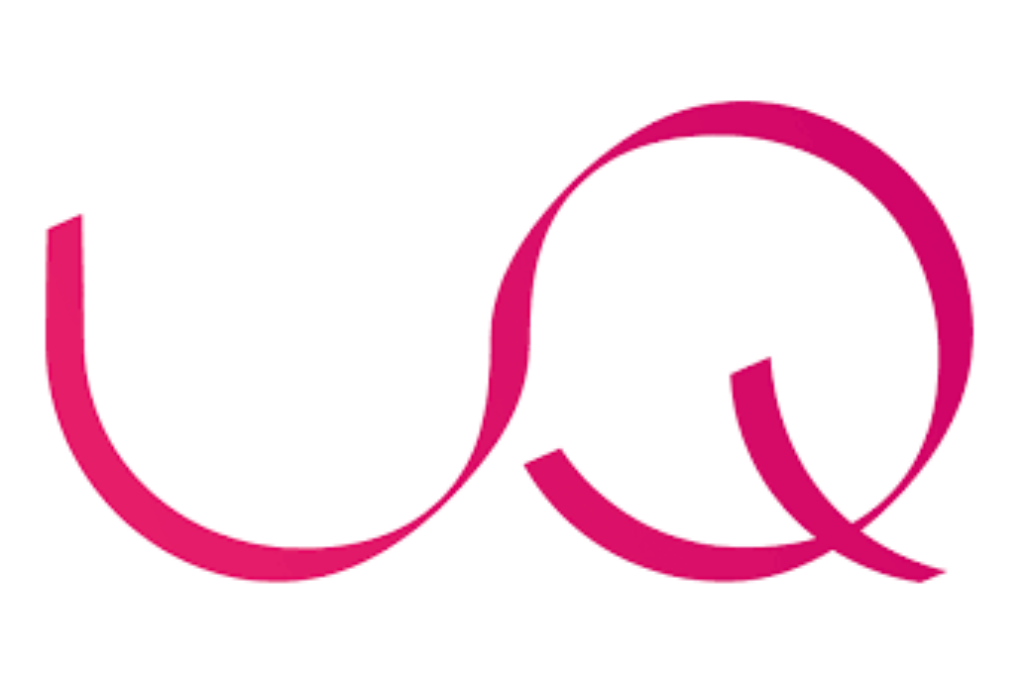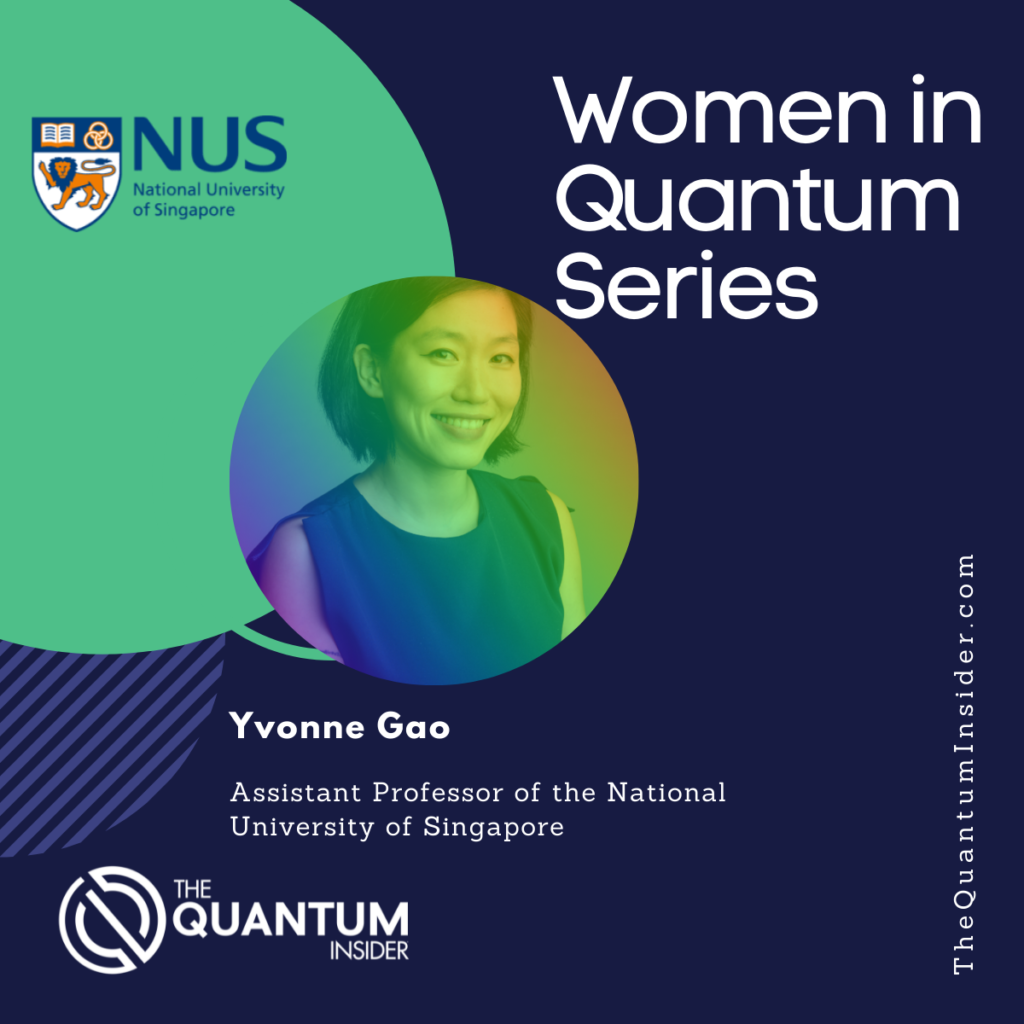
At the National University of Singapore, Assistant Professor of Physics Dr. Yvonne Gao is hard at work. Her team, nicknamed the Quantum crew or qcrew, is an experimental research team building modular quantum devices that harness the power of superconducting circuits. Superconducting (for those not familiar) relates to a set of properties in specific materials where normal electrical resistance disappears and magnetic field fluxes are expelled. Basically, more efficient materials for conducting electricity. “This field of superconducting circuits is starting to mature in the U.S. and Europe,” explained Gao. “Yet, Singapore hasn’t been focusing on it much.” Gao is one of the first in Singapore to explore and research this new niche.
Gao’s work has had an impact on the quantum community. In 2019, she was named one of the Innovators under 35 (Asia Pacific) by the MIT Technology Review, for her work in developing essential components for quantum computers. She was also awarded the 2020 National Research Foundation Fellowship to study superconducting circuits within quantum devices. “We’ve been doing a lot of nuts-and-bolts stuff in the lab,” Gao said. “We’ve built the main equipment and training new students who join us from all over the world.”
While Gao is developing cutting-edge quantum devices, she’s glad she’s doing it within an academic sphere. “We have a lot of freedom to be bold and just think about crazy new ideas, because we’re in the academic field and are funded mostly by the Ministry of Education,” she added. “So, we’re not under a lot of pressure to produce commercially viable technologies, at least for now. And so far, we’re having a lot of fun.” As many quantum technology start-ups begin in an academic setting, an experience like Gao’s is monumental. Academia can provide different opportunities than industries, allowing more time to spend developing unique designs and experimenting with creative ideas.
Gao found her interest in quantum technology beginning when she was at university. According to Gao: “My excitement really started when I was an undergraduate at Oxford. My tutor was a pioneer in using spin-based quantum systems, and he helped show me that quantum computing can be possible. This was in the early days of quantum technologies. My tutor and his team were able to show that these really small particles, which are very hard to observe and control, can now be manipulated in coherent and predictable ways in a laboratory. Once I had a glimpse of that, I became very excited about that idea.” Gao achieved her Ph.D. at Yale University within the quantum field, following her passion. Instead of turning to industry, Gao was excited about going into academia. “Once I decided to pursue this as a career in academia, it was really a matter of trying to become an expert in a rich and broad field.”
Now an expert, Gao has her own views on the growing quantum industry, “I have to acknowledge that the industry is getting much better,” Gao said when speaking of diversity. “It’s become more transparent of what we do, because of social media and engagement events. But there’s still a lot more to do.” In speaking to her students, Gao found that mentorship was important for growing the next workforce. “I think just having a contact in the field is already helpful because then it suddenly becomes possible to envision oneself in a mentor’s shoes.” But in order for mentorships to happen, Gao believes that diversity needs to be normalized. “When we highlight diversity, we need to make it more about showing that there are people like us in this field and that’s a normal thing.”

For more market insights, check out our latest quantum computing news here.


